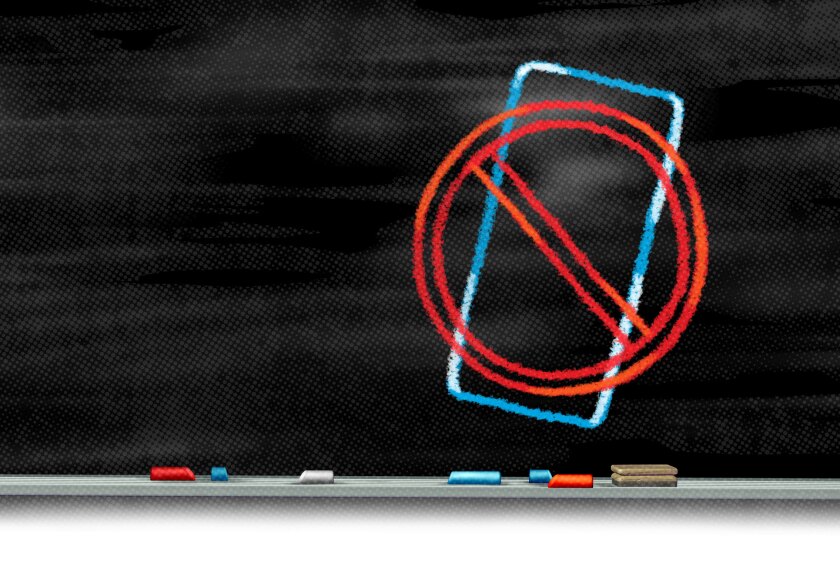Two reports on “virtual universities” released last week raise warnings about this growing trend in higher education, but for different reasons.
The College Board, the New York City-based organization that sponsors the SAT, noted that college courses and degrees offered online provide numerous opportunities for wealthier students who have regular access to computers. But they won’t do much good for students who have less exposure to technology, particularly poor and minority students, according to the board’s report.
“Virtual space is infinite, but it does not promise universality or equity,” the board concludes in “The Virtual University and Educational Opportunity.”
| For More Information |
|
A report from the Washington-based Institute for Higher Education Policy, meanwhile, questions whether distance learning in higher education is as effective as some studies suggest.
‘Engine of Inequality’
Some 1,200 colleges and universities offered some type of distance learning in 1995, the most recent year for which figures are available, according to the U.S. Department of Education’s National Center for Education Statistics.
Interest in online education has grown dramatically since then, as shown by the debut last year of Western Governors University, the nation’s first exclusively “virtual” university.
Many other institutions, such as the University of Minnesota, offer virtual schools in addition to their traditional programs.
But some students may benefit from such opportunities much more than others, the College Board says.
While more K-12 schools are using the Internet than ever before, poor and minority students generally have less access to the global computer network than their white, middle- and upper-class peers do, the report notes.
As a result, those lower-income students will be less likely to take advantage of online technology in higher education, the board concludes.
“While education is the great equalizer, technology appears to be a new engine of inequality,” the report argues.
The report from the Institute for Higher Education Policy found that in terms of student grades, test scores, and overall satisfaction, preliminary studies of distance learning show that it compares favorably with traditional methods of higher education.
But the overall quality of the research is questionable, according to the report, “What’s the Difference: A Review of Contemporary Research on the Effectiveness of Distance Learning in Higher Education.” The report was sponsored by the American Federation of Teachers and the National Education Association.
The research “doesn’t ask the right questions to discern whether or not distance learning is particularly effective,” Becky Fleischauer, a spokeswoman for the NEA, said.







